How Peptides really work
In this article, we’ll explore various peptides, their specific benefits, and tips for choosing the right products. We’ll also discuss how to combine peptides with complementary ingredients like ceramides and hyaluronic acid to maximize their effectiveness. Whether you’re aiming to reduce wrinkles or improve texture, this guide will help you unlock the potential of peptides in your skincare routine.
What Are Peptides?
Peptides are short chains of amino acids that play a vital role in skin health. They help form essential proteins like collagen and elastin, which provide strength and elasticity to the skin. As we age, the production of these proteins decreases, leading to wrinkles and sagging skin.
Peptides signal skin cells to boost collagen and elastin production, promoting healing and rejuvenation. They also enhance the skin’s barrier, improve hydration, and reduce inflammation. Incorporating peptides into your skincare routine can help reduce visible signs of aging, making them valuable ingredients in serums and creams. Understanding their benefits can help you choose effective products for improving skin texture and firmness.
Benefits of Peptides
Peptides offer a range of benefits for skincare, making them valuable ingredients in many products. Here are some key advantages:
- Skin Regeneration: Peptides act as coaches for skin regeneration, helping to rejuvenate aging skin and improve overall texture.
- Anti-Aging Effects: They are known for their ability to reduce the signs of aging, promoting a smoother and more youthful appearance.
- Barrier Support: Peptides help activate the skin’s barrier and support the microbiome, enhancing the skin’s natural defenses and hydration levels.
- Tailored Effects: Different peptides have varying effects on the skin, so they are not a one-size-fits-all solution. This diversity allows for targeted treatments based on individual skin concerns.
Limitations of Peptides
While peptides offer many benefits for skincare, there are some important limitations to consider:
- Overstated Efficacy: The effectiveness of peptides can be overstated in marketing. While they can provide noticeable benefits, results may not be as dramatic as claimed.
- Not a Substitute for Cosmetic Procedures: Peptides are not a replacement for more invasive cosmetic procedures or a cure-all for all skin issues. They should be viewed as part of a broader skincare strategy.
- Combination for Best Results: To achieve optimal results, peptides should be combined with other ingredients, such as antioxidants and broad-spectrum sunscreen, within a well-rounded skincare regimen. This approach enhances their effectiveness and provides comprehensive skin protection.
Types of Peptides as Skin-Care Actives
Peptides can be categorized based on their specific roles in skincare, each contributing uniquely to skin health. Here are five distinct types:
| Type of Peptide | Function |
|---|---|
| Signaling Peptides | Stimulate skin cells to produce collagen and improve skin firmness. |
| Carrier Peptides | Transport essential minerals and other beneficial ingredients to the skin. |
| Enzyme-Inhibiting Peptides | Block enzymes that break down collagen and elastin, preventing skin aging. |
| Neurotransmitter-Inhibiting Peptides | Reduce muscle contractions to minimize wrinkles, similar to Botox. |
| Antimicrobial Peptides | Fight bacteria and pathogens, helping to maintain a clear and healthy complexion. |
Choosing Peptide Skincare Products
When selecting peptide skincare products, consider the following tips to maximize their effectiveness:
- Formulation: Look for serums or creams that are specifically designed for effective peptide absorption. Lightweight formulations tend to allow better penetration into the skin.
- Packaging: Ensure that products are stored in opaque containers. This protects peptides from light and air exposure, which can degrade their efficacy over time.
- Ideal Combinations: For enhanced benefits, choose products that combine peptides with other key ingredients like ceramides and hyaluronic acid. This combination can improve hydration, strengthen the skin barrier, and amplify the anti-aging effects.
Safety of Peptides
Peptides are generally considered safe for all skin types, as confirmed by various cosmetic ingredient safety panels. They offer hydration and soothing benefits without significant adverse effects, making them suitable for a wide range of skincare products.

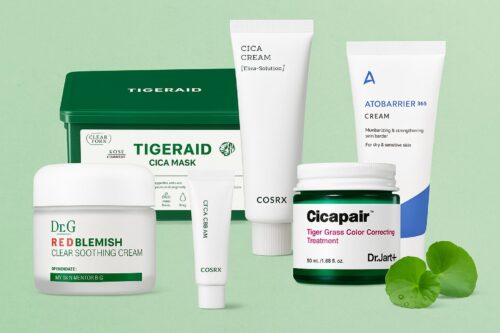
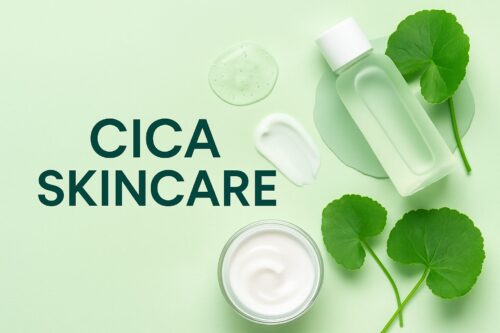
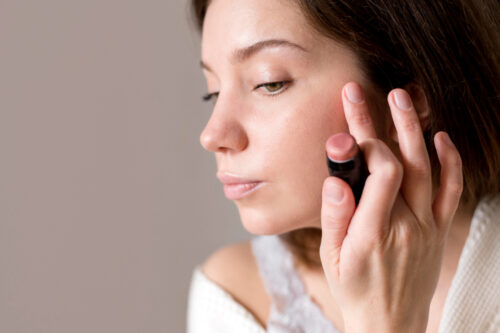



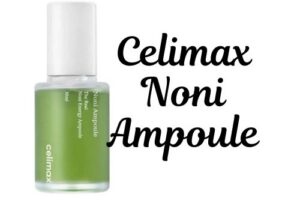
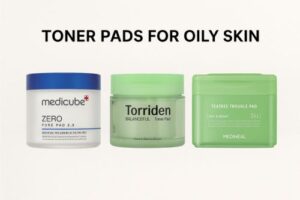

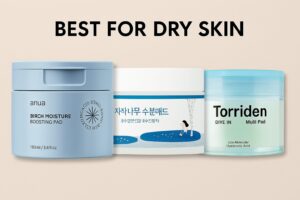
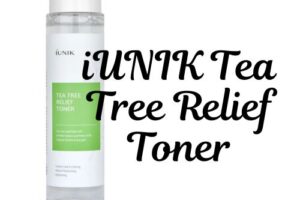


3 comments